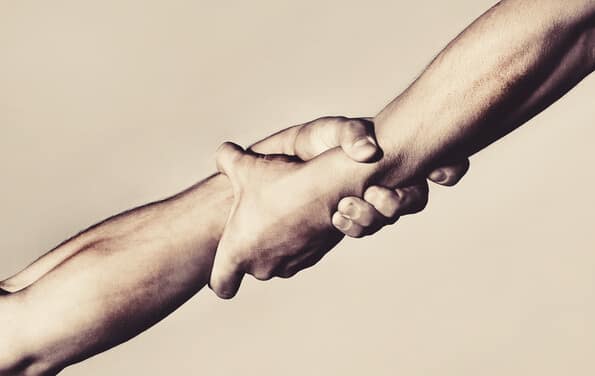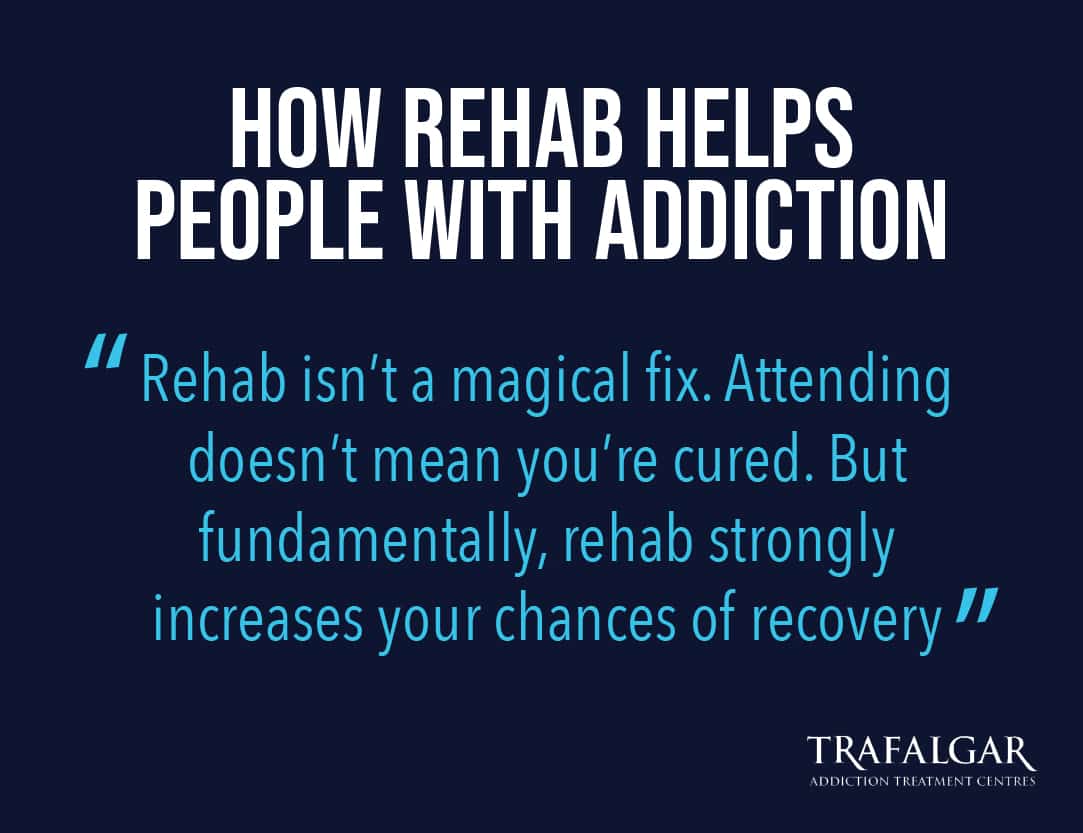
People with addictions attend rehab for the purpose of no longer being addicted. In this sense, a successful rehab stint is obvious to identify. But in reality, it’s not always so cut and dry.
In an ideal world, a person with an alcohol addiction in Toronto would attend rehab, complete the program, then no longer be addicted to alcohol. But rehab isn’t some magical fix that rewires the human brain. This article examines the fundamental ways in which rehab programs help people.
What should I look to get from a rehab program?
The process of overcoming an addiction is not one month longer. It’s not two, or three months. Recovery is a lifelong journey for which rehab programs are just a starting point.
The purpose of rehab is to give an individual tool in order to make better decisions, deal with temptations and better understand the origins and impact of their addiction. To explore these outcomes, let’s look at some more tangible examples.

Understanding the power of an addiction
Not everyone drinks or takes drugs for the same reason. For one person, a substance is an escape portal from an unhappy situation; for others, it may be a way of coping with stress. It may embolden others in social settings, helping them become someone they perceive as more likeable or interesting.
While attending rehab, clients participate in therapy sessions that bring these motivations to the surface. These sessions allow the individual to understand the perceived benefits they seek from their addiction and help them navigate these misconceptions.
Understanding how to make better decisions
Once a person identifies why it is they do something destructive, they can actively resist the temptation. However, willpower alone is often not enough. Rehab programs seek to augment a person’s resistance by lessening the chances they’ll face temptation in the first place.
This is achieved by exploring the specific triggers that make a person engage with their addiction. Does someone addicted to gambling tend to bet more often when they’re bored? Does an alcoholic crave drinks mostly when they’re out with friends?
Comprehending the triggers of addiction helps people avoid temptations even before they crop up. If boredom leads to gambling, ensuring continuous mental stimulation would be a useful tactic. If social outings lead to drinking, staying home from the next party would likely be wise.
It’s one thing to say to yourself, I know why I have this problem so it’s no longer a problem, but quite another to resist an addiction when your desire is strongest.
Understanding an addiction’s origins
Triggers galvanize existing desires, but where those desires come from is not always obvious. Many people with addictions have suffered from trauma. Others repeat behaviour they’ve learned, either demonstratively or subliminally.
Toronto Rehab programs seek to help clients understand the origins of their addiction. Gaining this comprehension allows individuals to deal with their issues in a more healthy manner.
For example, let’s say a person has grown addicted to alcohol because of social anxiety. Understanding where that anxiety comes from, then treating concurrent disorders along with the addiction, may actually remove the catalyst of that person’s desire to drink.
When fighting addiction, knowledge is power. And understanding the essential “why?” is powerful knowledge indeed.
Understanding an addiction’s impact
A lot of addicts know they’re behaviour is destructive, but justify it by self-identifying as a victim. Taking this position means there are no other victims, and consequently, no reason to feel guilt.
However, addictions often affect numerous people. Spouses, family members, friends and employers may all be impacted by a person’s struggle.
Rehab programs can explore the broader impact of an addiction to help people better realize the consequences of their actions. For some, this added layer of accountability is a powerful tool used to avoid relapsing.
What’s the result of gaining this understanding?
Once a rehab program imbues the client with this new level of comprehension, the client takes that knowledge out into the world, where they employ it to avoid the behaviour that caused them to attend rehab in the first place.
For some, that may mean swearing off a substance or behaviour forever. For others, it might mean reeling in their excesses. Some people might relapse, but even then, they’ll have the tools to restart their recovery.
Rehab isn’t a magical fix. Attending doesn’t mean you’re cured. But fundamentally, rehab strongly increases your chances of recovery.





